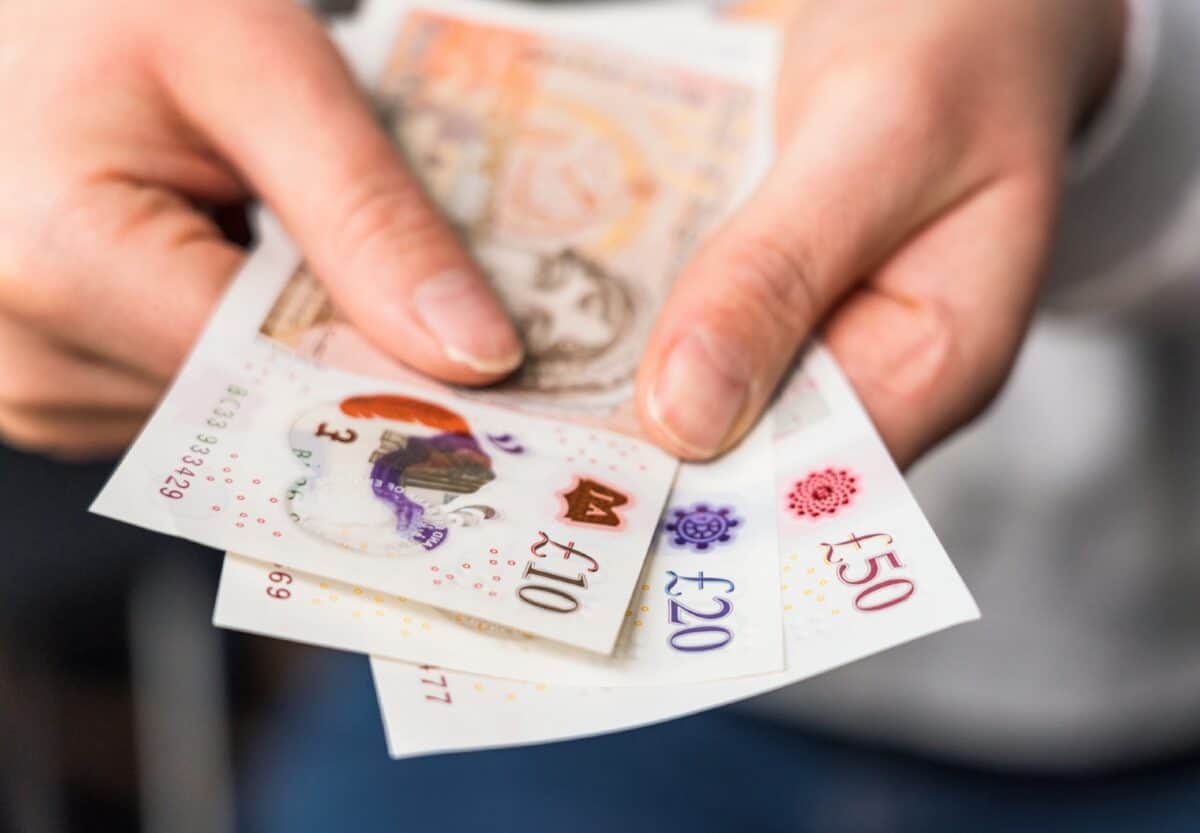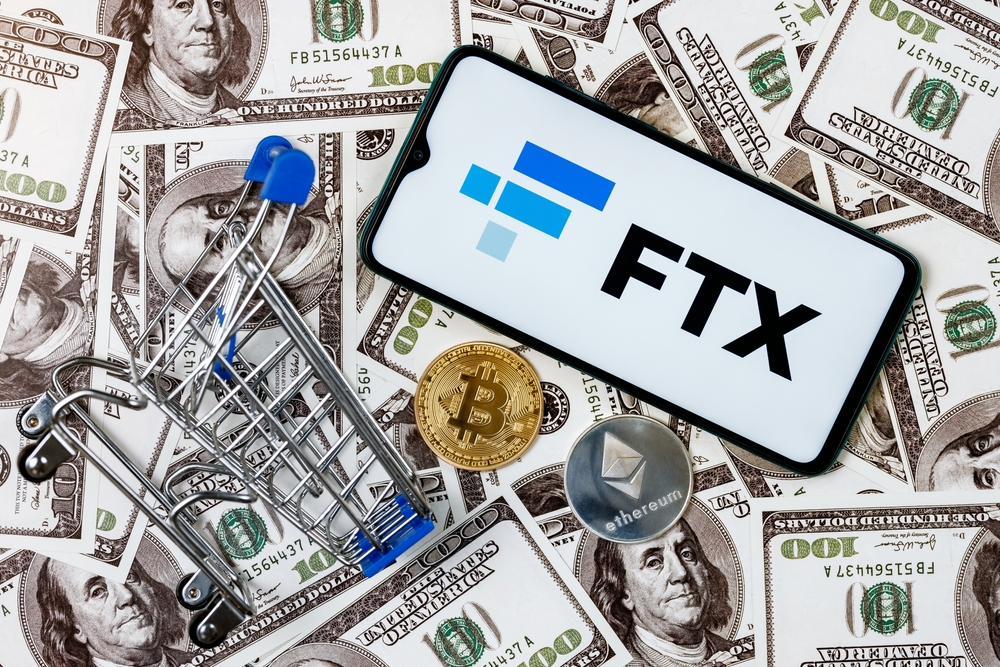Image source: Getty Images
Owning shares can mean earning dividends. Not all companies pay dividends, but many do. In fact, a lot of UK shares have juicy dividend yields at the moment.
In other words, the amount I can hope to earn by owning them is substantial relative to the price I pay for the shares. For example, one FTSE 100 share I own has a dividend yield of 8.4%. I own it because I like the passive income prospects it offers me.
Big dividends – and a long history of increases
The share is British American Tobacco (LSE: BATS). The multinational tobacco manufacturer owns a plethora of brands not only in cigarettes but also other formats such as vaping.
Making cigarettes is cheap so they can be sold at a high profit margin. Owning premium brands also gives British American pricing power. All of that is a recipe for solid cash generation. That matters when it comes to dividends because cash flow funds shareholder payouts.
At the moment, British American Tobacco pays quarterly dividends that add up to around £2.35 per share annually. So spending roughly £11,780 on this UK share – enough for 426 – ought to earn me £1,000 of dividends in the coming 12 months.
Over time, I would hope for more without spending another penny. British American’s strong cashflows have enabled it to be one of the few blue-chip UK shares that are Dividend Aristocrats. That is because the firm has raised its dividend per share annually for decades.
Thriving in a changing market
Can that continue? The company has said it plans to maintain the yearly raises. Dividends are never guaranteed though. Ultimately, they depend on a company generating sufficient cash flows to fund the payout.
British American has a lot of debt on its balance sheet. But the bigger long-term risk I see to its finances is ongoing decline in cigarette demand in key markets. On top of that, a raft of legal and regulatory challenges could further cut cigarette sales and add costs.
That has already been the case for a long time though. But British American has proven resilient. Last year, it made an accounting loss due to a large writedown in asset values. But in most recent years, profit after tax has been around £6bn, or higher. So I think the business can maintain high profitability in coming years.
It is investing in growing its non-cigarette business quickly. While cigarette volumes are declining, they remain significant. The company’s pricing power allows it to partially offset falling sales volumes by boosting selling prices.
I think this UK share could turn out to be a passive income machine for many years to come. I continue to own it in my portfolio.
Credit: Source link














